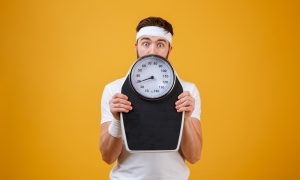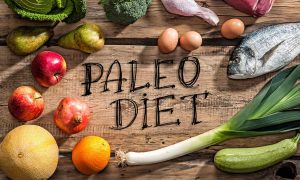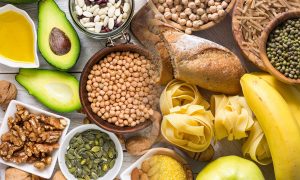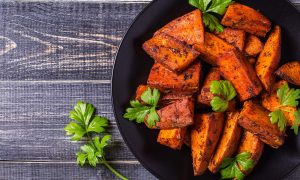Five Common And Highly Dangerous Ways Of Losing Weight
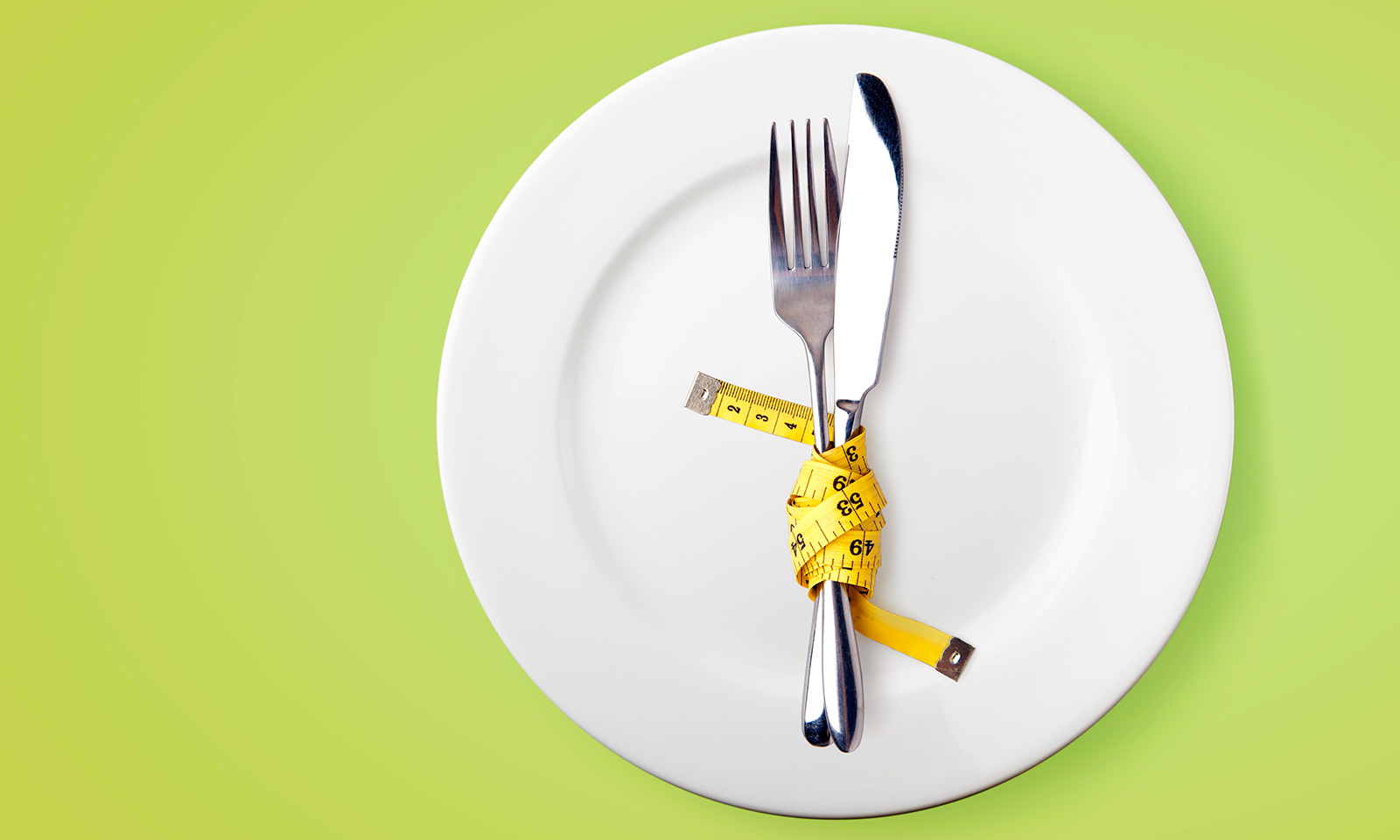
|
|
As a nation, even an entire race for that matter, it seems as if we’re literally obsessed with our weight and our physical appearances in general. We all know the many dangers associated with being overweight (hypertension, cardiovascular disease, organ failure, type 2 diabetes, to name but a few), not to mention the psychological damage it can cause a person, due to them feeling particularly self conscious and unattractive, but despite this, a large percentage of the human population, often resort to very extreme measures in an attempt to help themselves to lose weight. Many of these extreme measures may very well lead to weight loss, but sadly they can also have very severe consequences in the process, and are therefore considered notoriously dangerous. In order for anybody to lose weight safely, experts recommend a combination of moderate levels of physical exercise each week, alongside a healthy and balanced diet. The optimal healthy target weight loss should be between 1 and 3 pounds each week, with anything more being considered dangerous. A lot of people find themselves struggling with the aforementioned measures however, and instead resort to the extreme methods we’ll be covering right now. Here’s a look at five common and highly dangerous ways of losing weight, and why you must never try them yourself.
Weight loss pills and tablets

Sadly, last year there was a pretty famous case in the UK, of a young girl, who had battled eating disorders for much of her life, that ordered some weight loss pills online, from an unknown seller, without having any idea of what she was getting. She received the pills in the mail, took more than was recommended in an attempt to speed up the results, and she sadly died a few hours later. When it comes to weight loss, there is no magic pill that can suddenly make you slim, and if any companies claim that there is, they are lying through their teeth. There are some supplements manufactured by reputable companies, that can marginally help to boost the metabolism, providing that they’re used in conjunction with a healthy diet and a regular exercise regime. These supplements should always be used as instructed and should always be used alongside a healthy and balanced lifestyle.
Faddy diets
This is another very common method of losing weight for many people, and again, it is incredibly unhealthy as well. People looking to lose weight will read about some Z-list celebrity endorsed fad diet, that they claim helped them to burn X amount of pounds in X amount of days, and will try it for themselves, without having any idea of whether or not these claims are actually true or not. There are so many different fad diets currently being followed by various people from all over the world, that it is impossible to keep up with them all. There is a chocolate diet for example, liquid diets, meal replacement shake diets, starvation diets, and even diets which promote the consumption of cotton wool instead of food, as it will expand in the stomach and keep you feeling full for longer. Fad diets are not sustainable, often they do not work, and if they do, the second you come off of them and go back to eating slightly more regular foods, you gain all the weight back anyways.
Zero fat diets
In the past, the mere mention of the word ‘fat’ used to cause dieticians and health experts to break out into a cold sweat, as all fats were considered to be the root source of weight gain. With more research and technology however, years later, these experts were forced to admit that they’d been wrong, and that, not only was it ok to consume SOME fats, some fats, healthy fats, were actually found to be essential for our health and well-being. Healthy fats are monounsaturated fats and polyunsaturated fats, and are found in foods such as oily fish, avocados, whole eggs, natural nuts, olive oil, and coconut oil. Even some saturated fats are considered healthy, if they’re consumed in moderation and come from natural sources such as coconut oil or animal fats. It is tans fats that should be avoided like the plague however, yet many people don’t realise this and will cut all fat out of their diets altogether. The human body needs healthy fats to function, so denying it of any fat at all, can lead to a whole host of problems, including a lethargic metabolism which, ironically, will make it harder to lose weight, and it easier to gain weight.
Very low calorie diets

Weight loss is basically a matter of calories in, versus calories out, yet some people take this to the extreme. To lose weight, a slight calorie deficit of around 100 – 300 calories below maintenance, is considered perfect, yet many people will create deficits of 1000, even 2000 instead, which is not healthy or beneficial. Calories are units of energy, so obviously we need them to function. Denying ourselves of them will leave us feeling tired, unmotivated, and unwell in the process. What’s more, people will also consume unhealthy ingredients to help them keep calories low. For example, instead of sugar, they will use artificial sweeteners such as aspartame, which are carcinogenic (causes cancer) and can contribute towards a whole host of other health conditions in the process.
Over exercising
We’ve mentioned previously how regular physical exercise each week is recommended, not only for losing weight, but for maintaining optimal levels of health and fitness in the process. Sadly, some people take this to the extreme and will exercise far too frequently, and far too hard. This can be harmful enough even if you’ve got adequate amounts of nutrients and energy in yours system, but if you’re also dieting and depriving your body of energy and nutrients, you could potentially make yourself very ill indeed, and could potentially even lose your life. Experts recommend 3 – 4 hours of moderate exercise spaced out over the course of a week, so 4 x 1 hour gym sessions would be ideal, providing you take it steady and know your limitations.
References:
https://www.eatingdisorderhope.com/information/orthorexia-excessive-exercise/risks-over-exercising
https://authoritynutrition.com/7-ways-the-low-fat-diet-destroys-your-health/

